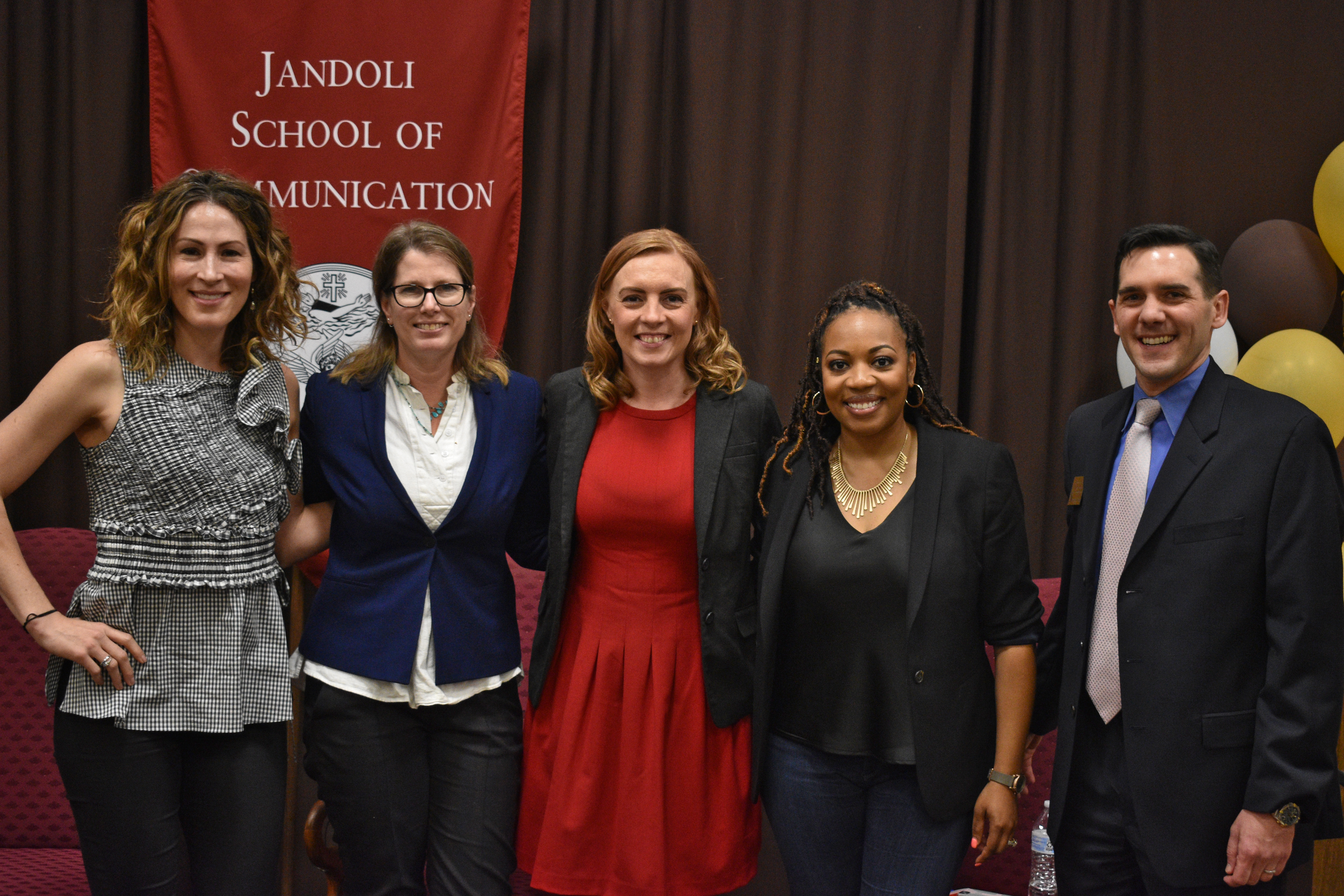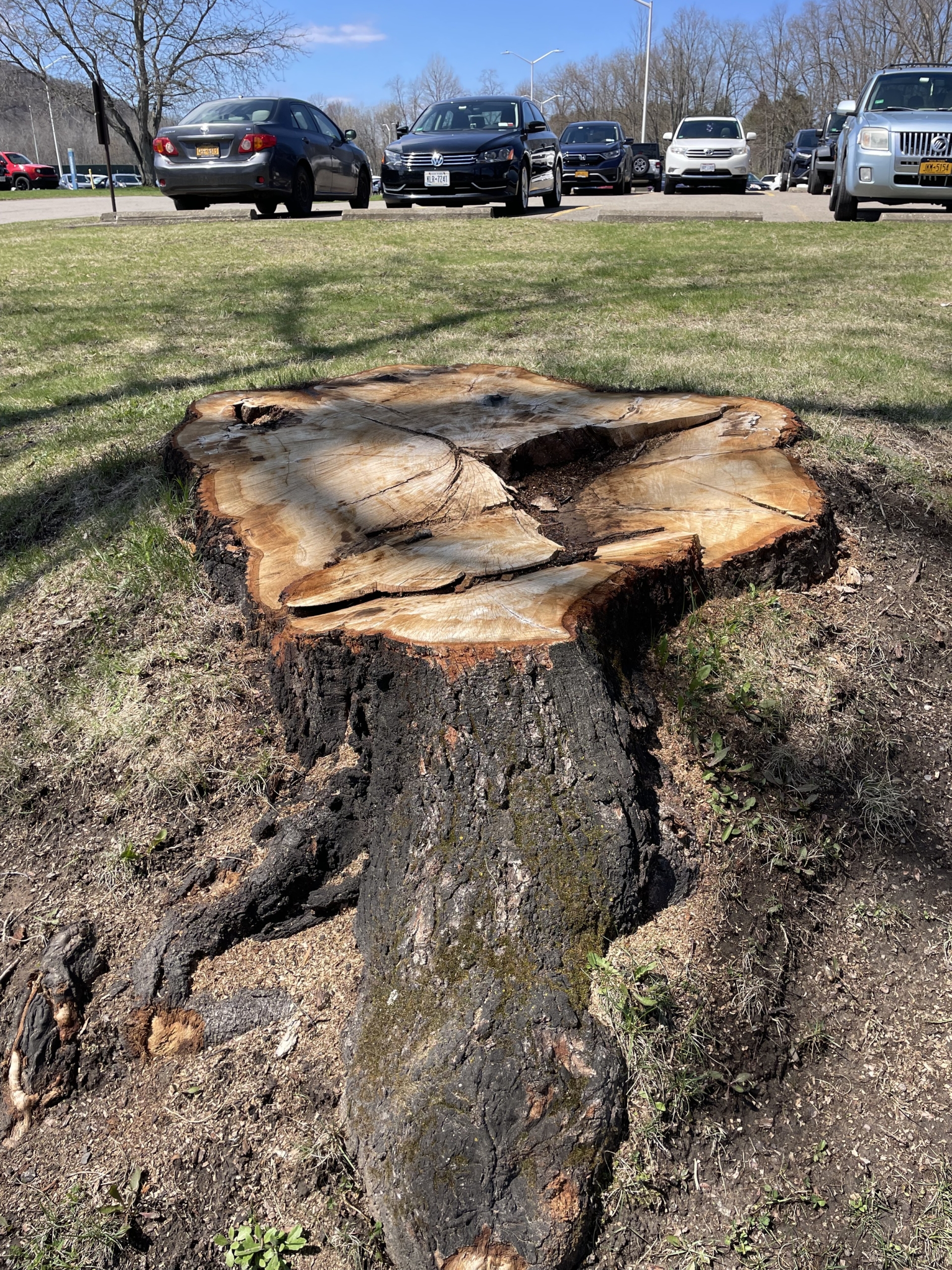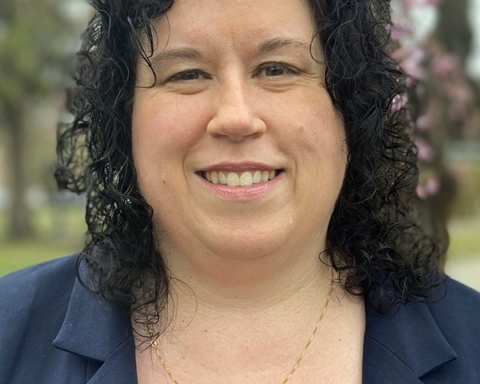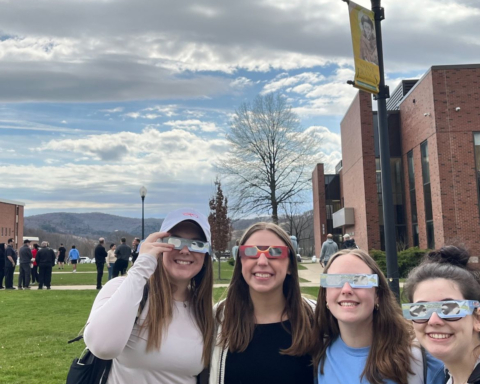Starting in the fall, St. Bonaventure University will use a new program to verify the eligibility of new workers on campus.
Every new employee hired by the university will need to have his or her information go through e-verify, a voluntary program created by the federal government in 2017.
“It’s basically adding an extra level of our initial screening to make sure people are eligible to work in the United States,” said Erik Seastedt, SBU’s director of human resources.
“We take the information people give us and upload it to the federal government database where they can compare it to the information that they have on the person,” Seastedt said. “If everything matches, we get an electronic notification back from the government that says the person is verified.”
Seastedt said that if any of the information doesn’t match, it comes back as a “tentative non-confirmation.” The employee then has eight federal work days to correct it.
Anne Foerst, chair of the faculty senate, said that faculty members came to her with concerns over the university not using the program.
“My job as the senate chair was to voice the concerns of faculty over human resources refusing to use e-verify,” Foerst said. “We are really relying on people from other countries who are willing to come to Olean for their first step of a career in the United States. We cannot survive without our international faculty.”
Foerst said that Todd Palmer, the department chair of management, was one of the first to speak up about university’s previous policy.
“Most of my colleagues in the senate were in support of program, which allowed me to go to the president raising our concerns,” Foerst said.
A main consideration of faculty members over e-verify was the ability of international employees to obtain long-term working visas in the United States.
Once an international person completes their studies in the United States, they get an automatic, one-year temporary work visa when they graduate.
During that year, the university and the employee can work together to get a longer temporary work visa, and then eventually change his or her permanent residence to the United States.
However, as Seastedt explained, there can be problems that cause the visa to take longer than a year to obtain.
Two years ago, the government changed the law so that international employees can get an additional two years on their temporary visas.
The only way to do this, though, is through e-verify.
“The federal government really wanted to push employers onto e-verify because it’s voluntary,” Seastedt said. “Probably about 25 percent of universities are now in e-verify.”
In some states, it is mandatory for all universities to use e-verify. The program is also required if the university is a government contractor, meaning it receives governmental financial assistance.
The program is not mandatory in New York state, nor has the state shown any sign that it will make it mandatory in the near future.
Foerst said that the importance of keeping the international faculty presence at Bonaventure lies in two main reasons.
“First, as a Franciscan university, we want to invite the stranger in and make them feel welcome,” she said. “Also, we want students to be exposed to international faculty because I think it helps them to learn about diversity.”
As far as the cost of the program, Seastedt said that it could cost the university a one-time expense of up to $25,000.
“If you do research online, it says that e-verify is free, which it is,” he said. “But you need to have all the infrastructure in place to run the system, and that requires more technology than Bonaventure has right now.”
Buying new software to run the program and the possibility of hiring a new employee to oversee it are options that human resources has looked at.
By Jeff Uveino, Staff Writer
uveinojj17@bonaventure.edu






